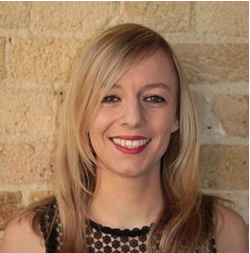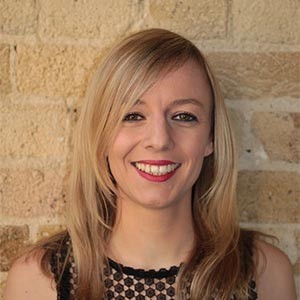“Meet the Team” is a blog series that features the different roles at Antidot/Fluid Topics.
Today, we’re sitting down with Romain, Software Engineer, to discuss his role within our company.
Hi Romain, could you introduce yourself?
I’m Romain Tellier, 27 years old and I live in Lyon. I’m originally from the Pas de Calais region. I graduated from ESISAR, an engineering school in Valence, with a degree in Information Technology & Security.
During my studies, I did a 6-month internship at KLS Logistic Systems, a warehouse management software publisher and integrator. I worked on a hands-free order pick-up system.
I then had the opportunity to work for Sopra Steria and joined their offshore team in India for 6 months. I worked on the frontend development of a project aiming at homogenizing the E.Leclerc Group’s SI system.
Antidot/Fluid Topics is my first full-time job. I joined the company 4 years ago as a Software Engineer.
What does a typical day and week look like for you?
I usually get to work around 9am. The first thing I do when I get to the office is grab a cup of coffee.
I then sit down and start reading through Slack to make sure there are no immediate issues. If there are no emergencies, I pick up coding where I left off the day before.
We use the Kanban methodology, which in simplest terms means we have a list of tickets that we work through. Aude, our Product Owner will prioritize “feature” tickets. When it comes to bugs, we have a zero-bug policy, meaning we try to eliminate all the bugs as soon as we find them. These tickets are initially put in the backlog and moved out of it as we start to work on them.
One of the things I like about the way we work is that I get to pair up with other developers to work on tickets.
At noon, we have our daily meeting. This will either be done remotely at home or in the office, wherever I decide to work that day. In this meeting, we all update each other with what we are working on, or any project support needs. Obviously, the potential issues won’t be resolved here but the relevant people will have been made aware and will action following the meeting.
Then we’ll have lunch. I either eat with the team or go to the gym.
In the afternoon, I continue coding, compiling or testing until about 5.30/6pm. Don’t worry, I also take regular coffee breaks!
We’ll have spring planning every Monday, then refinement whenever it’s necessary. Every Thursday, we have a release review.
Once every three weeks we’ll have a retrospective and a meeting with our CTO to discuss technical points or security.
At the end of the day, if I didn’t go to the gym at lunch time, then I’ll head there.
What programming languages do you use most often?
We use several programming languages:
- The Spring Framework which is an application framework for the Java platform,
- Google Web Toolkit which is an open-source set of tools that allows web developers to create and maintain JavaScript front-end applications in Java,
- Lit, which is a fast, lightweight, reactive framework for building web components.
Other than your tech skills, what soft skills have been most valuable?
When considering soft skills for a Software Engineer, communication, teamwork and collaboration are fundamental for this role at any level.
You need to be able to communicate with your Product Owner and with your team.
With pair programming, we do not only write code, we also plan and discuss our work. Therefore, collaboration is essential.
In my team, there are many experienced software developers. When I started, they made sure to help me whenever I needed. Now, as a more senior engineer, I’m happy to do the same for others.
How do you continue to build your skills?
I like to learn by doing. Sometimes I’ll select a ticket, even if I’m not completely familiar with the topic. For example, I don’t have much experience with SSO but I know that if I took on the SSO ticket, I could ask my colleagues for help, and they would lend a hand.
As a developer, I also like to go on dedicated websites such as Stack Overflow to see how others are solving their problems.
Finally, you learn a lot by attending conferences such as Devoxx or by watching webinars.
What are your best tips for the Antidot interview?
At Antidot, the candidate goes through a series of tests. What we’re assessing is really how the candidate thinks. The answer to a problem is far less important than how you got there.
I personally thought I had failed the interview!
Last but not least, can you tell us a unique fact about yourself.
I swam in the Ganges River in India!





